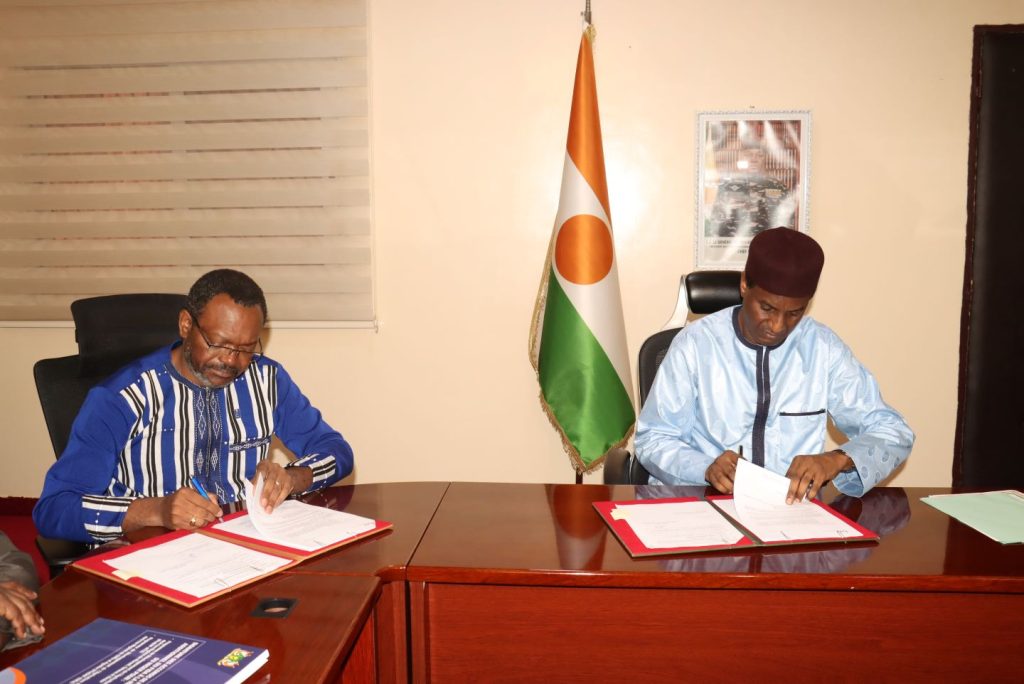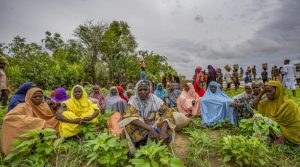Niger / Food security: Signing of an $80 million financing agreement with IFAD

On Wednesday, September 11, 2024, in Niamey, Niger’s transitional Prime Minister, Mahaman Ali Lamine Zeine, and Bernard Hien, the Regional Director of the International Fund for Agricultural Development (IFAD) for West and Central Africa, signed two supplementary financing agreements amounting to a total of $80 million USD, equivalent to 47.6 billion CFA francs.
These funds are intended to enhance food security and strengthen the resilience of rural households in Niger through two key programs: The Family Farming Development Program in the Maradi, Tahoua, and Zinder regions (ProDAF MTZ) and the Family Farming Development Program in the Diffa region (ProDAF Diffa).
The first tranche of financing, worth $40 million USD (23.8 billion CFA francs), is allocated to ProDAF Diffa.

This funding will expand the project’s reach to cover all municipalities in the Diffa region and four districts in the neighboring Agadez region, ultimately benefiting 63,000 households, or approximately 440,000 individuals, including refugees, displaced persons, and returnees.
The second $40 million USD (23.8 billion CFA francs) will support the ProDAF MTZ initiative.
This will allow for the intensification of activities in the initial economic development hubs (PDEs) within the regions of Maradi, Tahoua, and Zinder, while also extending interventions to three additional PDEs in the Dosso region. The project is expected to impact 2,170,000 individuals across 24 rural communities.
With this additional funding, the total cost of the ProDAF MTZ program now stands at $286.1 million USD (170.2 billion CFA francs), while ProDAF Diffa’s budget rises to $116.7 million USD (69.4 billion CFA francs).
The completion dates for both programs have been extended, with ProDAF MTZ now set to conclude on September 30, 2026, and ProDAF Diffa scheduled to finish by March 31, 2028.
These initiatives, supported by international partnerships like those with IFAD, are vital for the development of family farming, improving living conditions, and bolstering food security for Niger’s population.
The successful implementation of these projects is anticipated to significantly contribute to the food resilience of vulnerable rural communities, paving the way for sustainable development and long-term food security in the country.
Titi KEITA











